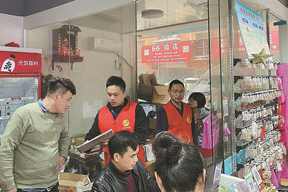
Yiwu is home to some 150 mentors, who voluntarily help newcomers and guide the healthy development of business.
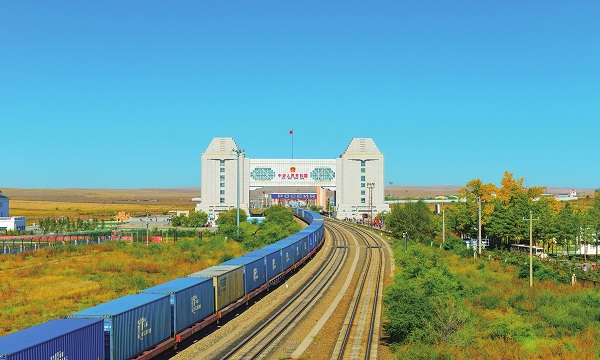
The Global Times is publishing a series of stories, helping the world understand how the initiative facilitates connectivity and foster growth. One of the typical examples includes the opening of China-Europe freight train.
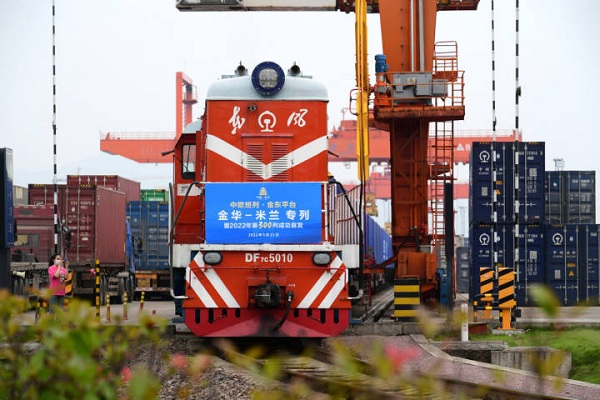
Jinhua in East China's Zhejiang province is expected to see its cross-border e-commerce exports exceed 65 billion yuan and cross-border e-commerce imports exceed 10 billion yuan by the end of 2022, according to the "China (Jinhua) Cross-border E-commerce Comprehensive Pilot Zone Implementation Plan" recently released by the provincial government.
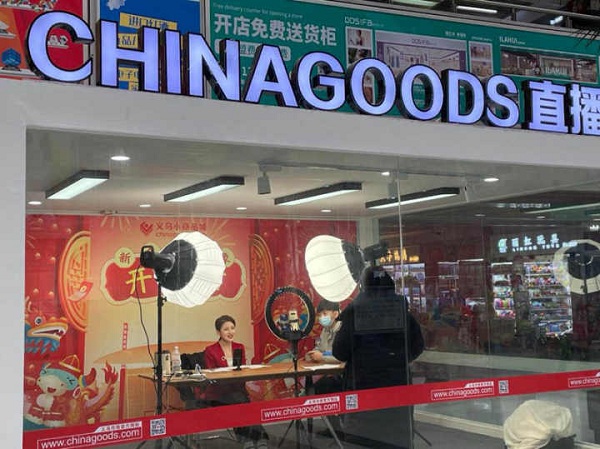
Yiwu, the world's largest small commodity market, has been developing various kinds of e-commerce and strengthening its ability to digitally connect online and offline in the face of the development of the digital economy and the effect of the COVID-19 epidemic.
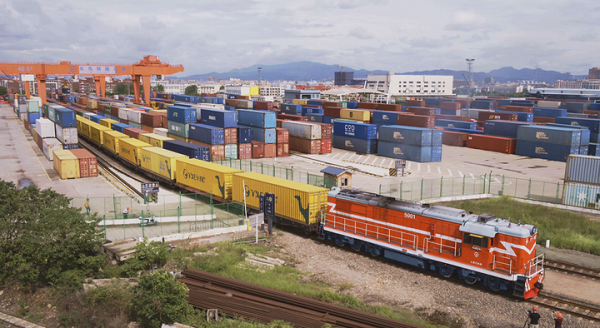
A total of 370 Yiwu-Xinjiang-Europe freight trains departed from Yiwu, East China's Zhejiang province in the first three months of the year, a year-on-year increase of 10.1 percent, according to local customs.
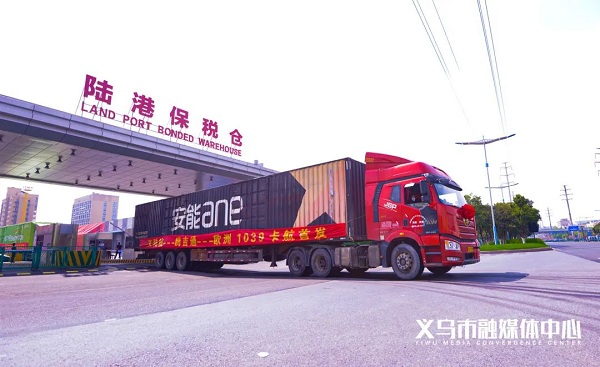
Yiwu in East China's Zhejiang province launched a new international shipping method using TIR trucks on March 30.
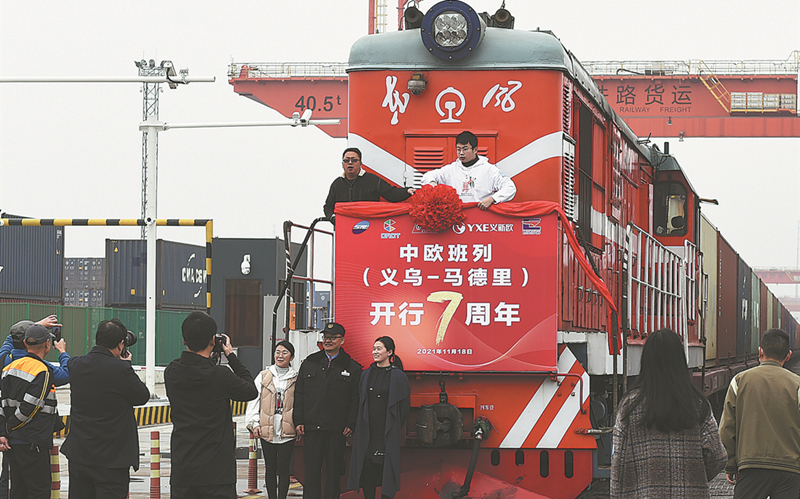
Jinhua and Yiwu in East China, two of China's major e-commerce hubs, have delivered 5,886 twenty-foot equivalent units (TEUs) of cargo via China-Europe and China-Laos freight train services during the Spring Festival holiday.
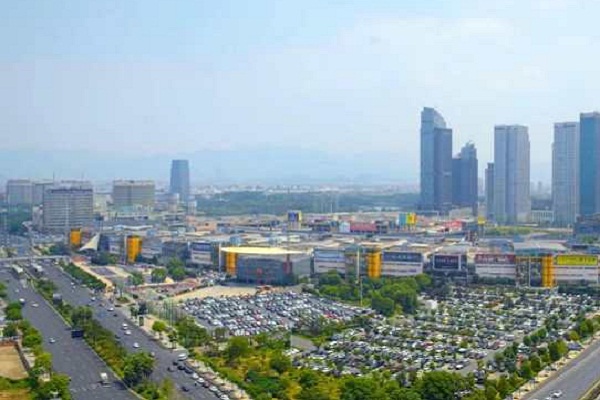
The online retail sales of Yiwu, a county-level city in Jinhua, East China's Zhejiang province, reached 185.62 billion yuan ($29.09 billion) from January to November this year, a year-on-year increase of 10.8 percent and ranking first in the province for the 11th consecutive month, according to data released by the Department of Commerce of Zhejiang Province.

